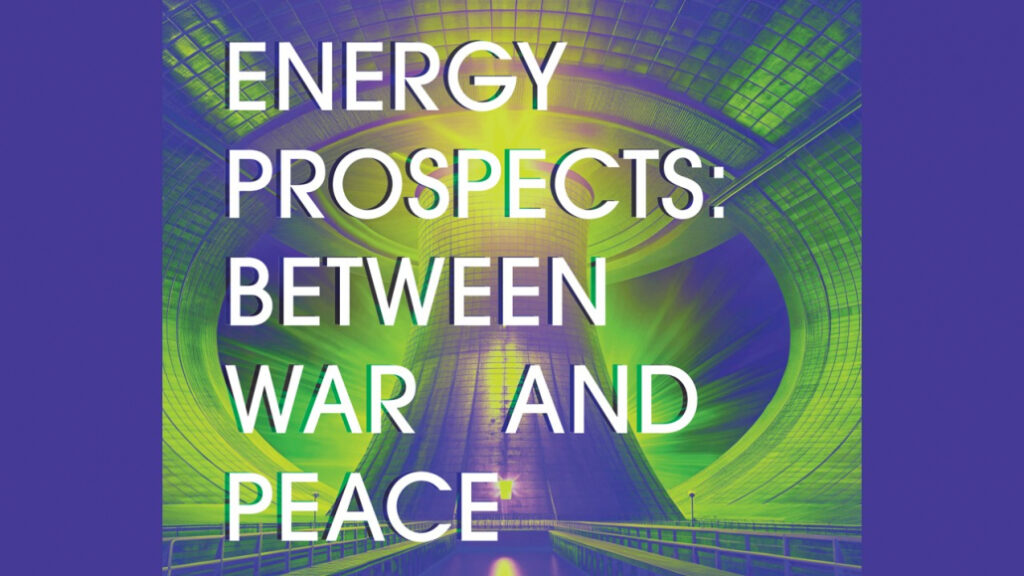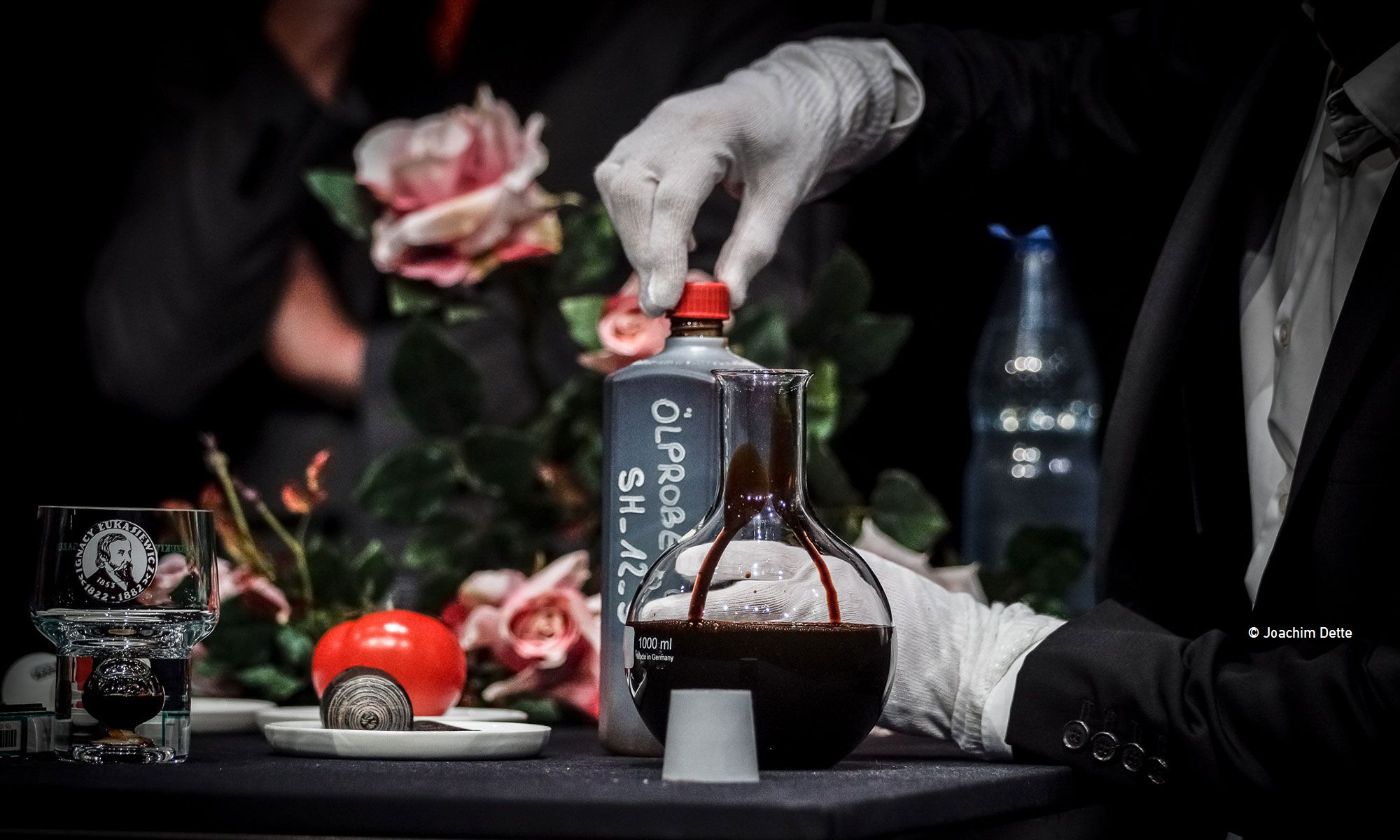
The energy imaginary permeates ideological agendas, political projects, national myths, and mass media narratives, while visions of past and future energy inform public discourse, literature, and film, reflecting their historical and social underpinnings. This conference aims to map this evolving field of research by exploring the social and humanistic dimensions of energy, including fossil fuels, renewables, and nuclear power, and by examining the complex relationship between energy and the dynamics of war and peace
Additionally, the conference will feature two policy-oriented panels: one addressing the energy and climate agenda following the onset of the full-scale war in Ukraine in 2022, and the other examining the roles of scientists, experts, and activists in shaping and implementing energy transition policies and actions.
With (in oder of appearence): Oxana Timofeeva, Ilya Kalinin, Olaf Hamann, Alexander Klose, Gretchen Bakke, Darin Barney, Jeff Diamanti, Felix Jaitner, Cara Daggett, Johanna Gautier Morin, Ayansina Ayanlade, Maria Engström, Ilya Kalinin, Tatiana Mitrova, Oldag Caspar, Tatiana Lanshina, Polina Malysheva, Imre Szeman (see link for program).
Abstract of Alexander Klose’s paper: Whose ideology is it?
On the multiplication of ideological possibilities and contradictions in late petromodernism
When the term „petromodernity“ was coined by Canadian and US-american humanities scholars in the 2000s to name the major influence petroleum-based fuels and materials were having in the further development and expansion of the industrial civilization since the second half of the 20th century, those scholars had in mind the „American Way of Life“: a culture of exuberance based on the belief in individual freedom and market liberalism. Quite soon it became clear, though, that other petromodernities had to be taken into account as well. „Petromodernity East“, developed in the USSR and the countries of the Eastern bloc, was founded in doctrines of collectivism and planned economy. Nevertheless, it shared with its western counterpart a fundamental belief in progress as a combination of technological and social development. On the other hand, autocratic versions of petromodern developments in colonial/post-colonial extraction states like Saudi-Arabia and the Gulf States seemed to be defined by a clash with the values and habits of Western modernity, the influx of petrodollars, technologies and values dialectically strengthening anti-modern currents. Lately, under the impression of a warming climate and the Anthropocene postulate, a new dominant ideological formation has developed. It is based on the belief that the world is threatened by an end of times, the „climate catastrophe“, and in order to save the world and the benefits of the (petro-)modern civilization, it has to go „post-fossil“. In sharp contrast, in the other political camp, elites from the very centers of hyper-individualism plead to hold on to petroleum as our „companionship substance“ and restore the heydays of petromodern exuberance while at the same time giving up on core republican and democratic values like social justice, tolerance and equality for an autocratic, seemingly neo-feudal society—petroleum without modernity.
In following the historical threads of ideological formations in petromodernity, the talk tries to contribute to the work of entangling the confusing mess of competing convictions, ideas and legitimations that defines our current planetary situation.
